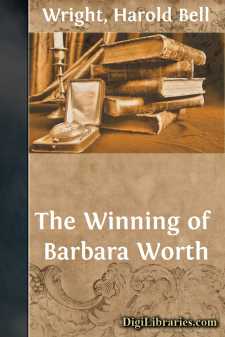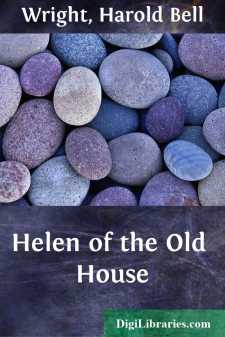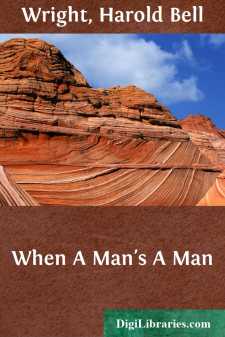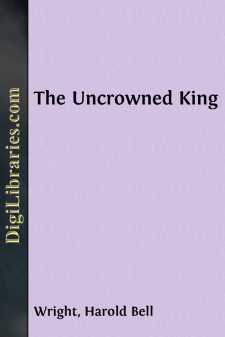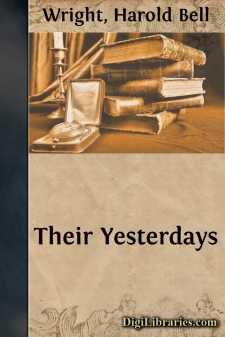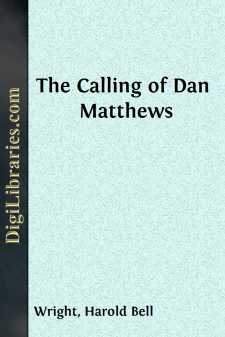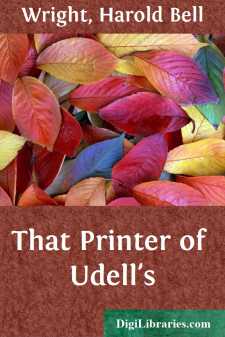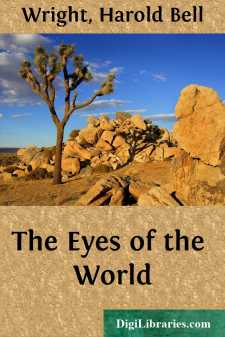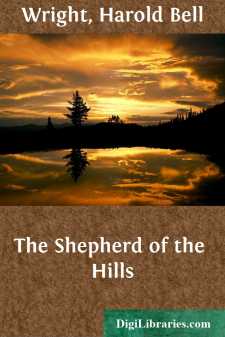Categories
- Antiques & Collectibles 13
- Architecture 36
- Art 48
- Bibles 22
- Biography & Autobiography 813
- Body, Mind & Spirit 138
- Business & Economics 28
- Children's Books 12
- Children's Fiction 9
- Computers 4
- Cooking 94
- Crafts & Hobbies 4
- Drama 346
- Education 46
- Family & Relationships 57
- Fiction 11821
- Games 19
- Gardening 17
- Health & Fitness 34
- History 1377
- House & Home 1
- Humor 147
- Juvenile Fiction 1873
- Juvenile Nonfiction 202
- Language Arts & Disciplines 88
- Law 16
- Literary Collections 686
- Literary Criticism 179
- Mathematics 13
- Medical 41
- Music 40
- Nature 179
- Non-Classifiable 1768
- Performing Arts 7
- Periodicals 1453
- Philosophy 64
- Photography 2
- Poetry 896
- Political Science 203
- Psychology 42
- Reference 154
- Religion 505
- Science 126
- Self-Help 81
- Social Science 81
- Sports & Recreation 34
- Study Aids 3
- Technology & Engineering 59
- Transportation 23
- Travel 463
- True Crime 29
The Winning of Barbara Worth
Description:
Excerpt
CHAPTER I.
INTO THE INFINITE LONG AGO.
Jefferson Worth's outfit of four mules and a big wagon pulled out of San Felipe at daybreak, headed for Rubio City. From the swinging red tassels on the bridles of the leaders to the galvanized iron water bucket dangling from the tail of the reach back of the rear axle the outfit wore an unmistakable air of prosperity. The wagon was loaded only with a well-stocked "grub-box," the few necessary camp cooking utensils, blankets and canvas tarpaulin, with rolled barley and bales of hay for the team, and two water barrels—empty. Hanging by its canvas strap from the spring of the driver's seat was a large, cloth-covered canteen. Behind the driver there was another seat of the same wide, comfortable type, but the man who held the reins was apparently alone. Jefferson Worth was not with his outfit.
By sending the heavy wagon on ahead and following later with a faster team and a light buckboard, Mr. Worth could join his outfit in camp that night, saving thus at least another half day for business in San Felipe. Jefferson Worth, as he himself would have put it, "figured on the value of time." Indeed Jefferson Worth figured on the value of nearly everything.
Now San Felipe, you must know, is where the big ships come in and the air tingles with the electricity of commerce as men from all lands, driven by the master passion of human kind—Good Business— seek each his own.
But Rubio City, though born of that same master passion of the race, is where the thin edge of civilization is thinnest, on the Colorado River, miles beyond the Coast Range Mountains, on the farther side of that dreadful land where the thirsty atmosphere is charged with the awful silence of uncounted ages.
Between these two scenes of man's activity, so different and yet so like, and crossing thus the land of my story, there was only a rude trail—two hundred and more hard and lonely miles of it—the only mark of man in all that desolate waste and itself marked every mile by the graves of men and by the bleached bones of their cattle.
All that forenoon, on every side of the outfit, the beautiful life of the coast country throbbed and exulted. It called from the heaving ocean with its many gleaming sails and dark drifting steamer smoke under the wide sky; it sang from the harbor where the laden ships meet the long trains that come and go on their continental errands; it cried loudly from the busy streets of village and town and laughed out from field and orchard. But always the road led toward those mountains that lifted their oak-clad shoulders and pine-fringed ridges across the way as though in dark and solemn warning to any who should dare set their faces toward the dreadful land of want and death that lay on their other side.
In the afternoon every mile brought scenes more lonely until, in the foothills, that creeping bit of life on the hard old trail was forgotten by the busy world behind, even as it seemed to forget that there was anywhere any life other than its creeping self....


